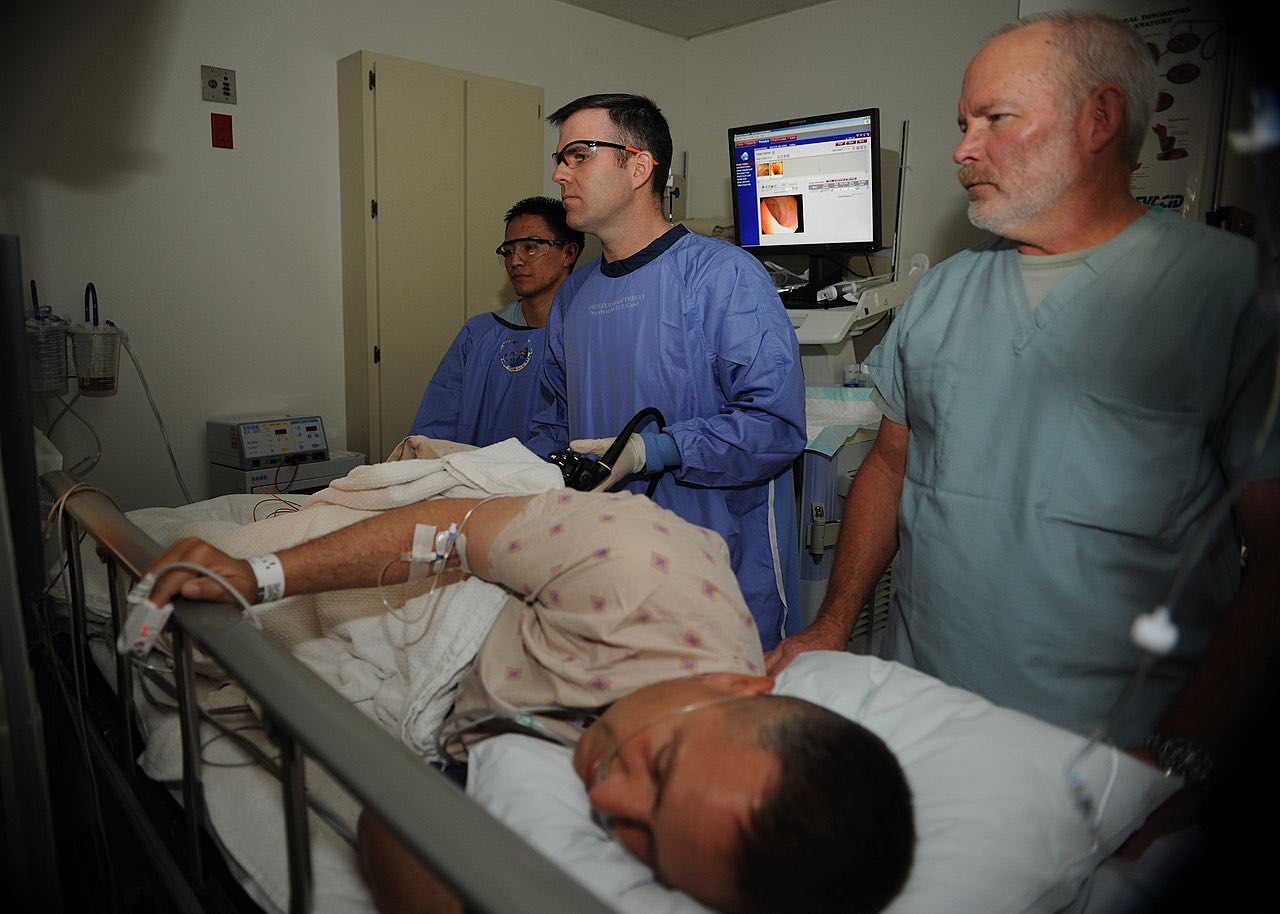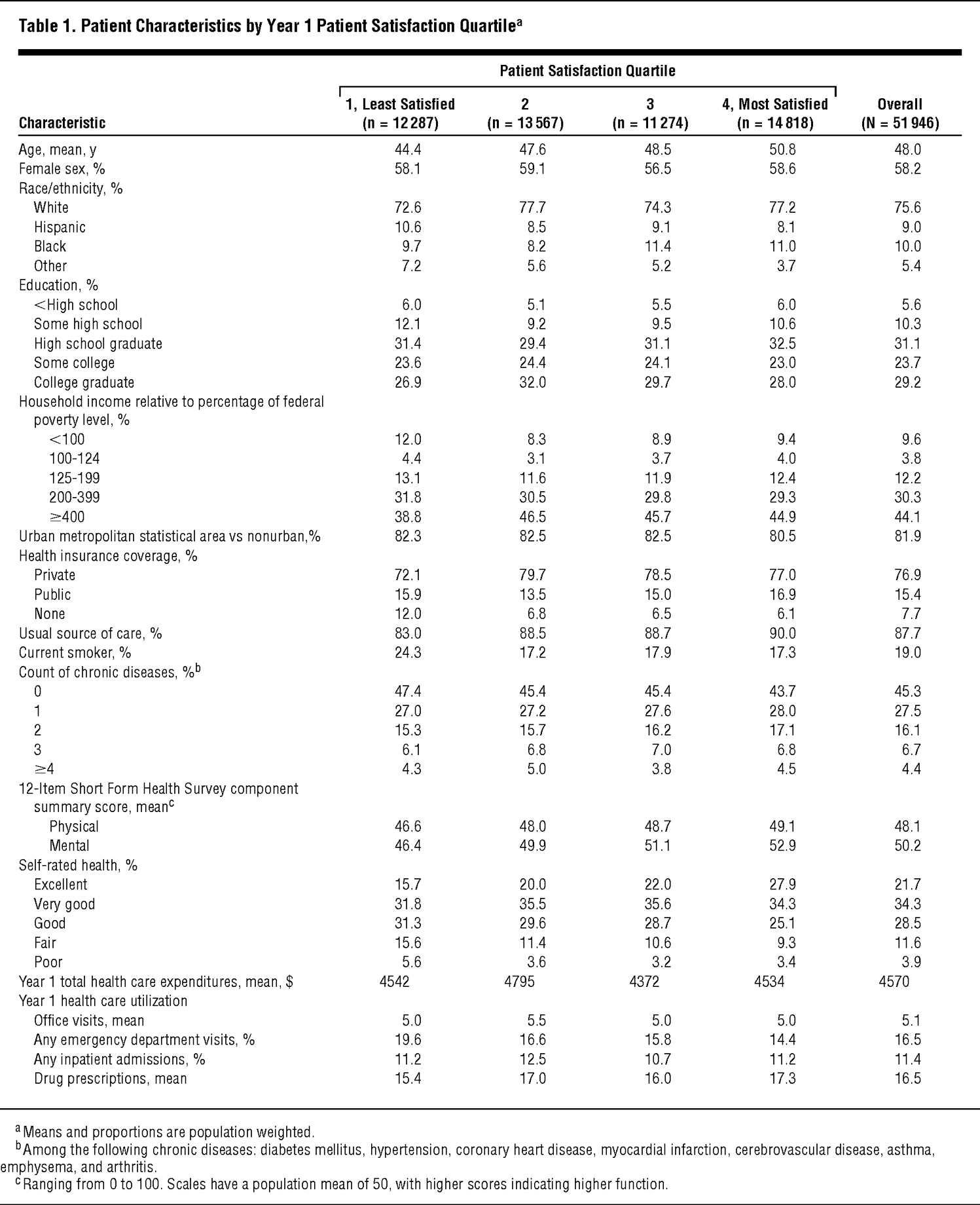Which amongst these non-procedural field have a better job outlook?
1. Stable salary
2. Better lifestyle and job satisfaction
3. Less midlevel encroachment
4. Easier path to CCM (NephCCM vs ID-CCM)
I like hospital medicine but don't like collaborating with midlevels. I'm hearing over the next few years hospitalist will be replaced by NP/PA. Will ID/Nephrology be easier for midlevels to encroach? I'm fine with 200-230k pay if my skill set is unique from midlevels.
1. Stable salary
2. Better lifestyle and job satisfaction
3. Less midlevel encroachment
4. Easier path to CCM (NephCCM vs ID-CCM)
I like hospital medicine but don't like collaborating with midlevels. I'm hearing over the next few years hospitalist will be replaced by NP/PA. Will ID/Nephrology be easier for midlevels to encroach? I'm fine with 200-230k pay if my skill set is unique from midlevels.




 I guess I don’t read too much into that. It just seems like a bad job listing. We pay better than that. Also doesn’t mention hours worked among other details.
I guess I don’t read too much into that. It just seems like a bad job listing. We pay better than that. Also doesn’t mention hours worked among other details.